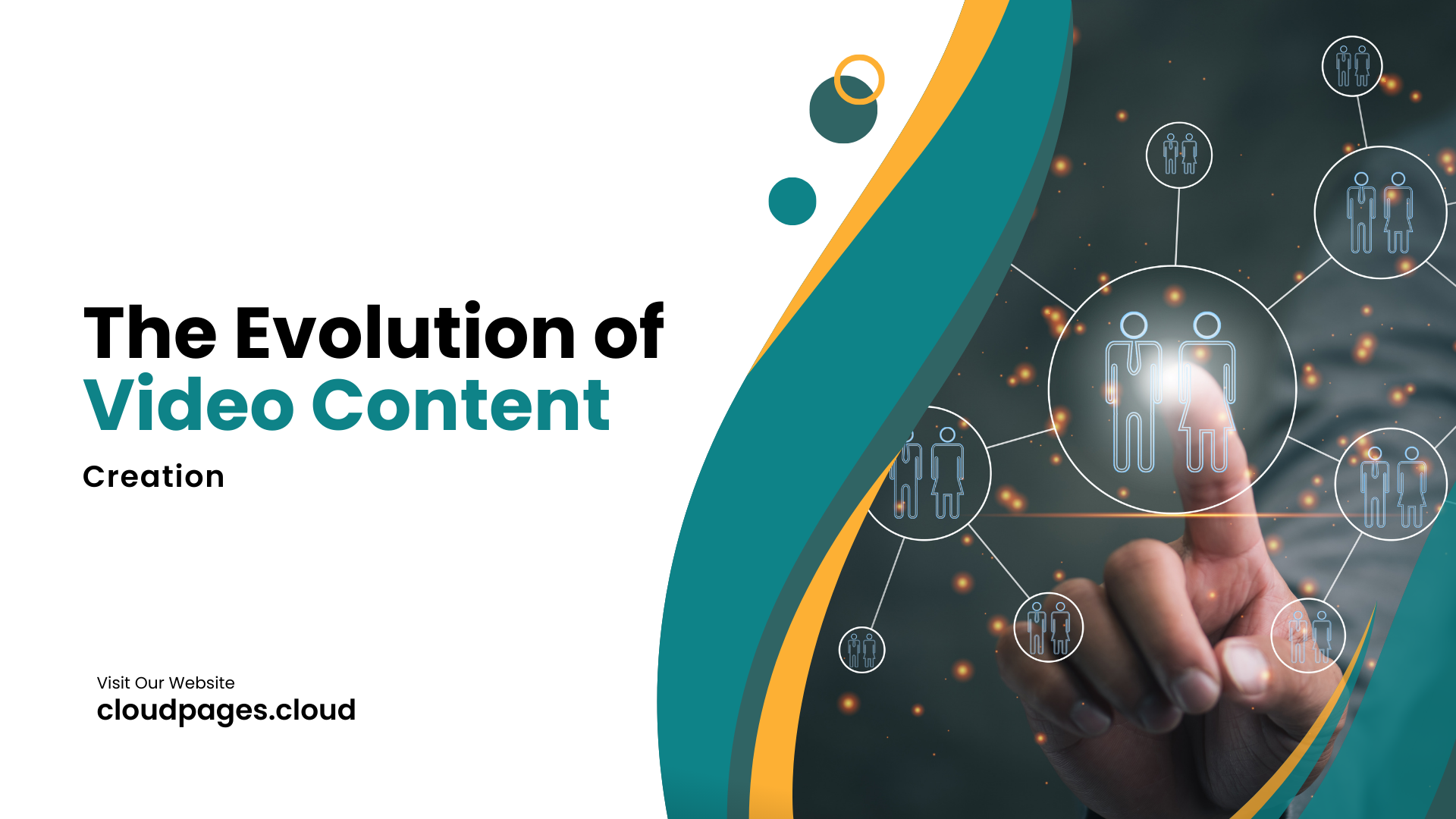The landscape of video content creation has undergone a significant transformation over the years, with Artificial Intelligence (AI) at the forefront of this revolution. Historically, video production was a complex, resource-intensive process requiring a team of skilled professionals and sophisticated equipment. However, the advent of AI has democratized this process, enabling even novice creators to produce high-quality videos with relative ease and efficiency.
As a result, finding the best AI video tools has become essential for creators looking to leverage this technology. These tools streamline the production process, making it more accessible and efficient than ever before
Table of Contents
The Rise of AI in Video Production
AI has made significant inroads into various stages of video production, from pre-production and production to post-production. This technological advancement has streamlined workflows, reduced costs, and opened new creative possibilities.
Pre-Production Enhancements
- AI-Driven Scripting and Storyboarding AI tools now assist in scriptwriting and storyboarding, automating these traditionally time-consuming tasks. By analyzing existing scripts and visual data, AI can generate storyboards and scripts, allowing creators to focus more on refining their ideas and less on the mechanical aspects of writing and planning.
- Scheduling and Logistics Optimization AI optimizes production schedules and logistics by analyzing data to predict and mitigate potential bottlenecks. This ensures smoother project progression and more efficient resource utilization, ultimately reducing delays and costs.
Transforming Production

- AI in Camera Operations and Framing AI enhances camera operations through machine learning and computer vision, allowing for automated adjustments to camera settings based on scene recognition and composition analysis. This technology reduces the need for manual intervention, ensuring optimal visual quality and consistency.
- Automated Lighting and Sound Adjustments Similar to camera operations, AI can automate lighting and sound adjustments, adapting to environmental changes in real time. This results in consistent lighting and high-quality audio, streamlining the production process and enhancing the final output.
Post-Production Innovations
- Efficient Editing, Color Grading, and Effects AI accelerates the editing process by automatically selecting the best footage, suggesting edits, and applying color grading and effects. These capabilities allow editors to focus more on creative decisions rather than repetitive tasks, improving workflow efficiency and creative output.
- Personalized Content Creation AI enables the creation of personalized content tailored to different platforms and audiences. By analyzing viewer preferences and engagement metrics, AI can optimize videos for specific platforms, enhancing viewer satisfaction and engagement.
The Impact on Creativity and Job Roles
Enhancing Creativity
- AI as a Creative Tool AI acts as a catalyst for creative exploration, enabling creators to experiment with new storytelling techniques and visual styles. By automating routine tasks, AI frees up time for creators to innovate and push the boundaries of their craft.
- New Genres and Styles The fusion of human creativity and AI is giving rise to new genres and styles of video content. This collaboration between technology and artistry expands the horizons of video production, resulting in unique and compelling content.
Changing Job Roles
- Evolving Skill Sets The integration of AI into video production is shifting the required skill sets towards a blend of creative, strategic, and technical expertise. Professionals must now master AI tools alongside traditional creative skills, fostering a culture of continuous learning and innovation.
- Emerging Careers and Specializations As AI reshapes video production, new career opportunities and specializations are emerging. Roles that focus on AI-driven content creation, workflow optimization, and audience engagement are becoming increasingly important, offering fresh avenues for professional growth and innovation.
Ethical Considerations and Challenges
While AI offers numerous benefits, it also raises important ethical considerations and challenges:
- Authenticity and Originality The use of AI in creativity prompts questions about the authenticity of AI-generated works and their value compared to human-created content.
- Copyright Issues AI’s reliance on existing data for creating new content can blur the lines between original works and those derived from copyrighted material, posing legal challenges.
- Balancing Creativity and Efficiency Striking a balance between AI-driven efficiency and human creativity is crucial. Ensuring that AI complements rather than replaces human ingenuity is key to maintaining the integrity of the creative process.
Conclusion
The evolution of video content creation through AI has transformed the industry, making high-quality video production more accessible and efficient. By automating various aspects of the production process, AI has opened up new creative possibilities and redefined job roles, albeit with certain ethical and legal challenges.
As we continue to navigate the potential and pitfalls of AI in video production, the future promises a richer and more diverse landscape of video content creation. Embracing AI while preserving the essence of human creativity will be crucial in realizing the full potential of this technological revolution.
For those looking to explore the best tools available, check out our guide on the Best AI Video Tools to find the right solution for your video production needs.



